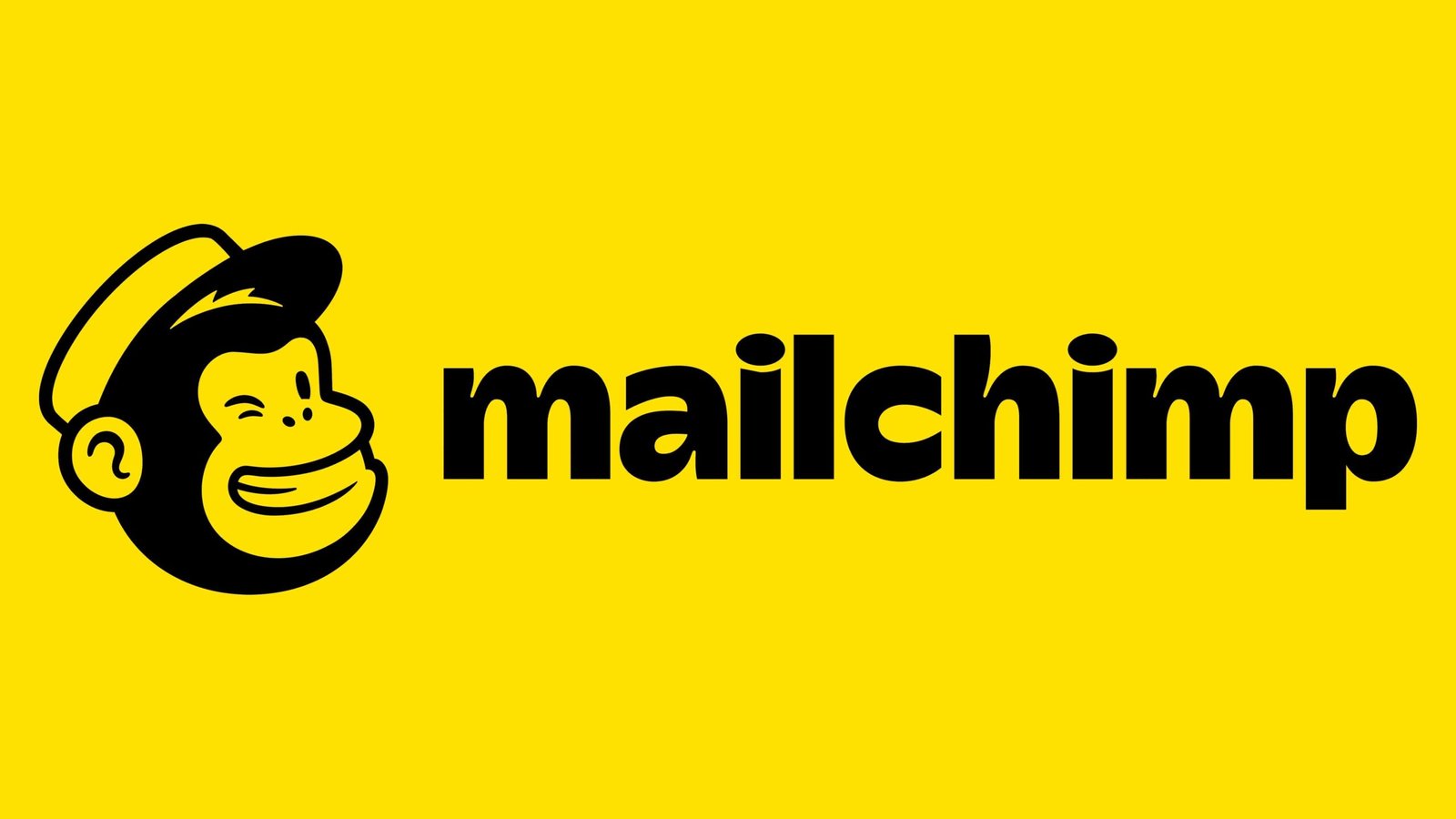Online VCS and project hosting platform.
SourceForge is one of the oldest and most well-known platforms for hosting open-source software projects. Launched in 1999, SourceForge provides a range of tools and services to help developers manage their software development process, including source code repositories, bug tracking, project management, file distribution, and community engagement. It supports a variety of version control systems, such as Git, Subversion (SVN), and Mercurial, and offers a web-based interface for repository management and project collaboration. SourceForge is widely used by open-source developers for its ease of use, free hosting, and robust support for community-driven development.
Key Features:
- Free Hosting for Open Source Projects: Offers free hosting for open-source software projects, providing unlimited storage, bandwidth, and repository support.
- Multiple Version Control Systems: Supports Git, Subversion (SVN), and Mercurial, allowing developers to choose the version control system that best fits their workflow and preferences.
- Project Management Tools: Includes built-in tools for managing projects, such as issue tracking, bug reporting, task management, and project milestones, helping teams stay organized and on track.
- File Distribution and Download Management: Provides tools for file distribution, including download statistics, mirrors, and CDN support, ensuring fast and reliable delivery of software to end users.
- Community and User Engagement: Offers community forums, mailing lists, and discussion boards, allowing project maintainers to engage with their users, gather feedback, and build a community around their software.
- Integrated Documentation and Wiki: Features built-in wikis and documentation tools for creating and maintaining project documentation, tutorials, and guides.
- Analytics and Reporting: Provides analytics tools to track project popularity, downloads, and usage, giving maintainers insights into their user base and project performance.
- Cross-Platform Compatibility: Supports development for multiple platforms, including Linux, Windows, and macOS, allowing developers to host and manage projects regardless of the target environment.
- Secure and Reliable: Offers secure hosting with HTTPS, backup services, and data redundancy, ensuring the safety and availability of project data.
Benefits:
- Free and Open Source-Friendly: Provides free hosting and tools specifically designed for open-source projects, making it easy for developers to share their code and collaborate with others.
- Established Platform with Strong Community Support: As one of the oldest platforms for open-source software, SourceForge has a large user base and active community, offering support, feedback, and collaboration opportunities.
- Comprehensive Set of Tools: Offers a wide range of tools for source control, project management, file distribution, and community engagement, providing an all-in-one solution for managing open-source projects.
- Ease of Use: The web-based interface and simple project setup make it easy for new users to start hosting their projects quickly, without the need for complex configurations.
- Promotional Opportunities: SourceForge’s platform helps promote projects through featured listings, newsletters, and a software directory, increasing visibility and potential user adoption.
Strong Suit: SourceForge’s strongest suit is its comprehensive, free hosting and management tools for open-source projects, providing an all-in-one platform that supports community engagement, project management, version control, and software distribution.
Pricing:
- Free: SourceForge is completely free for open-source projects, with unlimited repositories, storage, and bandwidth.
- Paid Plans: There are no official paid plans for SourceForge hosting itself, but there may be sponsored listings or promotional options for projects that wish to increase their visibility.
Considerations:
- Perception and Legacy Issues: While SourceForge is a well-established platform, it experienced some reputation damage in the past due to adware bundling practices (which have since been discontinued). Some developers may still have concerns based on this legacy.
- Limited Advanced Features Compared to Modern Platforms: Although SourceForge provides all the essential tools needed for managing open-source projects, it may lack some of the advanced features and integrations found in platforms like GitHub or GitLab, such as integrated CI/CD pipelines or advanced security scanning.
- Primarily for Open Source Projects: SourceForge is primarily focused on hosting open-source projects, which may not make it an ideal choice for private repositories or enterprise use.
Distributed version control system for tracking changes in code.
Centralized version control system with robust history tracking.
Distributed VCS similar to Git with simple commands.
Summary: SourceForge is a free, open-source project hosting platform that provides a comprehensive set of tools for managing software development, including version control, project management, file distribution, and community engagement. With its long history, large user base, and strong focus on open-source development, SourceForge remains a popular choice for developers looking to share their projects with the world. While it may lack some of the advanced features and integrations of newer platforms like GitHub or GitLab, its ease of use, free hosting, and established reputation make it a solid choice for open-source projects.














